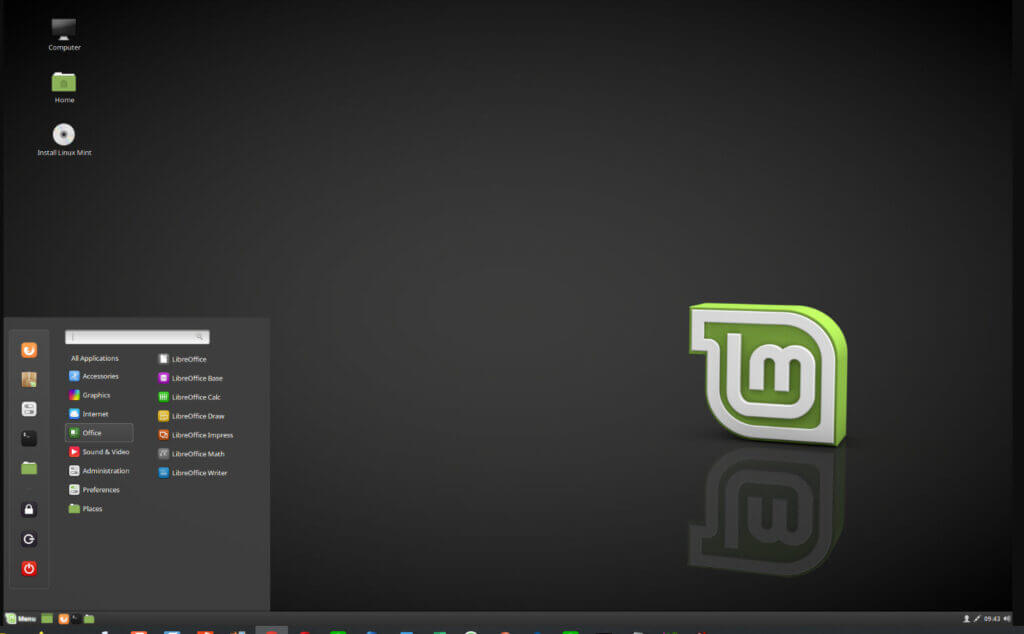From 1st of October 2023 rule violations against Microsoft’s Code of Conduct include “hate speech’ and “offensive” language – and Microsoft actively encourages Governments and so called “whistle-blowers’ to alert them to “offensive” language.
If you, as a Microsoft customer, do not adhere to a vague code of conduct when using the quasi-monopolist’s products, your account may soon be blocked – and you will lose access to all paid or free services and the data stored there. Recourse is available – but only at Microsoft’s discretion.
If you’re wondering what this may have to do with you as a survival-prepper – read on, because it will be come quite clear as we dive deeper into what is behind that recent move from Microsoft!
According to Microsoft’s new “Service Agreement”: (paraphrased) “Serious or repeated violations of our policies (…) may result in account suspension. Sometimes a ban can be permanent. If permanently suspended, the owner of the suspended profile will lose all licenses, subscriptions, membership times, and Microsoft account balances.”
You can lodge an objection with Microsoft. Many of the rule violations mentioned are criminal acts, from child pornography to phishing. But there are also terms in the Code of Conduct that we have learned are extremely flexible, such as “hate speech” and “offensive.” Many now describe it as hate speech when the government or a person is simply criticized. It is also relatively easy to come into conflict with copyright protection without being criminally inclined.
Microsoft promises to only impose proportionate penalties for serious and repeat violations. But there is nothing in the set of rules that would offer a halfway credible guarantee that exactly the same thing is not happening as with the social media platforms Facebook, Instagram, Twitter and Co. Namely, that they censor, block and regularly far too much under pressure from governments report on their efforts in this regard. Often, people are censored, blocked and terminated in a completely non-transparent manner because of the smallest or incomprehensible offenses, preferably against critics of the government and international organizations such as the WHO and those who deviate from their narrative.
Invitation to abuse of power
The platforms have even set up special pages for governments to use to express their censorship requests in a privileged manner. Obviously, this was and is often complied with. This is also easily possible and perhaps even expected at Microsoft under this service agreement.
The practical thing for governments: They no longer have to prove criminal wrongdoing to a rebellious artist or author if they want to silence him or her. Suffice it to point out to Microsoft that one of the rubber paragraphs of the “service agreement” has allegedly been violated. This possibility is even explicitly addressed on the website for enforcing the rules:
“We use reports from users, authorities and trusted whistleblowers to alert us to possible policy violations.”
Clearly, a company must react if an authority reports continued criminal behavior using its products. But why should a company specifically invite governments and authorities to point out violations of its own policies that go far beyond this?
This is an open invitation to abuse of power. Why should Microsoft take on a government that abuses its privileged right to propose censorship, why insist on a different assessment in individual cases? A government, especially a powerful one, can cause a lot more trouble for the company than a customer with an unfairly blocked account.
A current example is the social media platform Rumble’s harsh response to the British Parliament, from which it received a letter asking whether and when it would demonetize the content of anti-government entertainer Russell Brand, who was confronted with allegations of sexual misconduct, as the Google subsidiary YouTube did as soon as the allegations became known. Rumble reminded Parliament of the presumption of innocence until convicted in court as a central pillar of the rule of law. (Demonetization means that no advertising can be shown.) Tiktok and other platform operators also received the letter from the British Parliament.
Vague rules open the door to arbitrariness
Even generating nude images is a violation of Microsoft’s code of conduct. Nude painting, nude photography, lovers posing for each other, all of this can lead to account suspension. According to the wording, it is enough to just generate offensive language; you don’t even have to spread it.
Apparently, there is no commitment from Microsoft to justify sanctions. The company can therefore act as has long been common practice with social media platforms and financial service providers such as PayPal. A user account is simply blocked with reference to unspecified rule violations and the customer can guess why and how best to counteract it or lodge an appeal. One automatically thinks of Kafka’s Josef K., who is persecuted and sanctioned by the authorities without being charged, and who constantly comes up empty when he tries to defend himself.
Automated total monitoring
On a page linked from the service contract about the “enforcement processes” you can find out:
“At Microsoft, we use a combination of automated technology and trained human reviewers to find and take action against content or behavior that violates our terms and policies. (…) We use hashes [digital checksums] from known illegal and harmful content. We also use our own technology and classifiers to find harmful content distributed through our Services.”
Machine learning, such as text-based classifiers, is used to detect, for example, hate speech that someone might have generated on their Microsoft word processing program and which was then stored in the Microsoft cloud, as is now almost impossible to avoid. If even German and other public prosecutors are ignorant or arbitrary enough to take action against artists and authors for glorifying Nazis because they critically quote fascism and Nazis, do we really want to trust an artificial intelligence and some underpaid moderators in India to do it right? Or classify correctly whether someone meant a hate speech quote seriously, critically or ironically?
Conclusion
Since Microsoft constantly combs through all user data stored in its cloud in an automated manner, users are exposed to a highly sophisticated, almost all-encompassing surveillance infrastructure that is constantly evolving based on their large amount of data and is becoming increasingly complex and inscrutable. You have no control over what the algorithms are looking for, what patterns they are putting together and storing. Such a surveillance infrastructure is of course a hit for all secret services and authorities, not just here in the US but also in all other countries where Microsoft operates.
What can you do to protect yourself and your family from that daily data collection, snooping and scrutinizing of every single word you write, receive, forward on, share, critique or comment on?
Personally, I have been using a Linux operating system for a long time and avoid using Microsoft products wherever I can. You can do almost everything you want to do on a Windows PC on a Linux computer or laptop. Even the interface has similar icons and it works very similar. It is a very easy to learn the basics and it will also be a great “Plan B” gadget you can have when – not if! – a massive Microsoft hack will render most computers useless or open to malware, viruses and extortion.
If you want to know a little bit more – here are 10 Reasons Why Linux is Better Than MacOS (Apple) and Windows (Mircosoft).
If I knew more about computers, I would give instructions. But with a little asking around and some good YouTube tutorials, almost anyone should be able to find someone who can help say goodbye to Microsoft.






